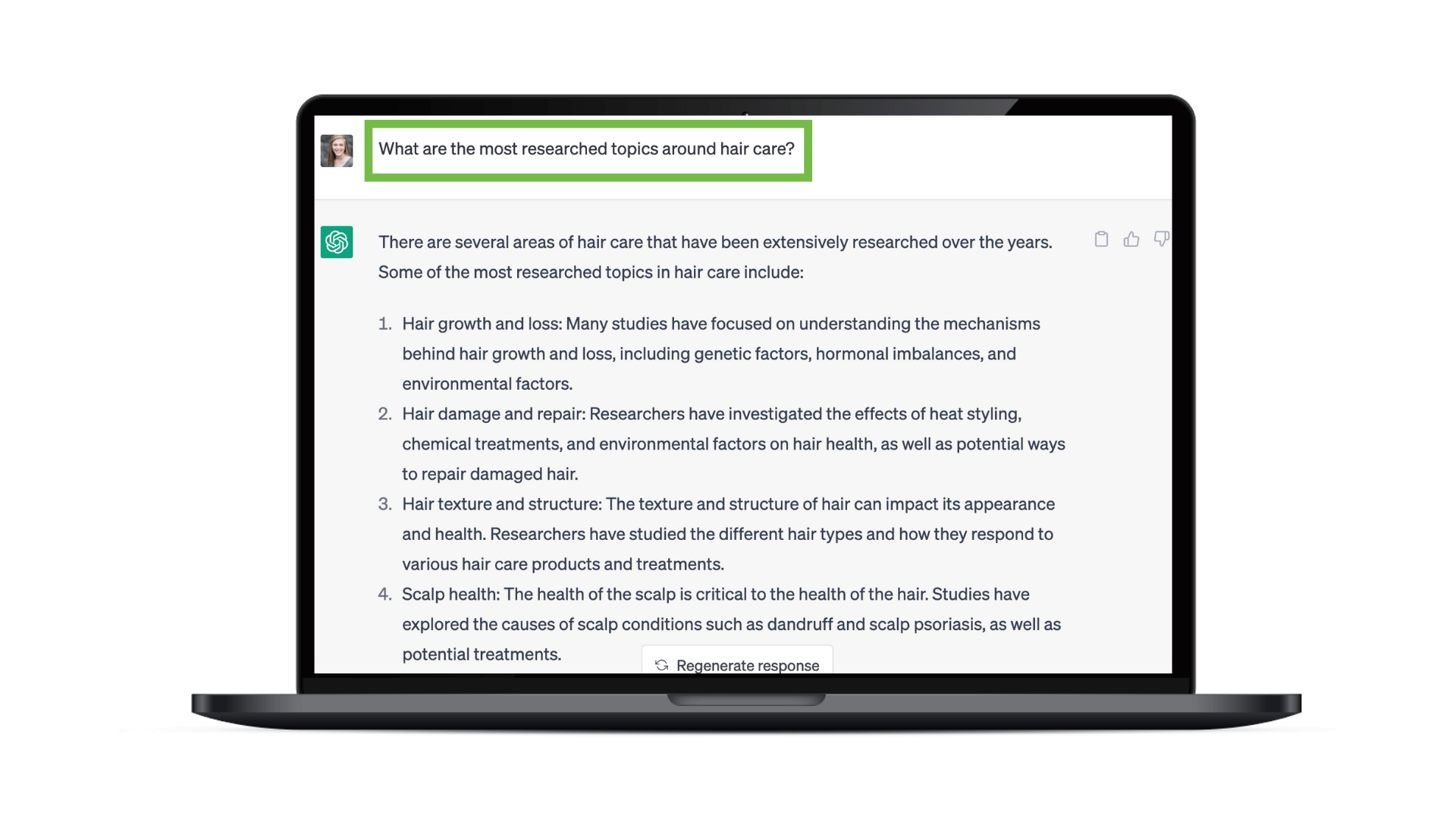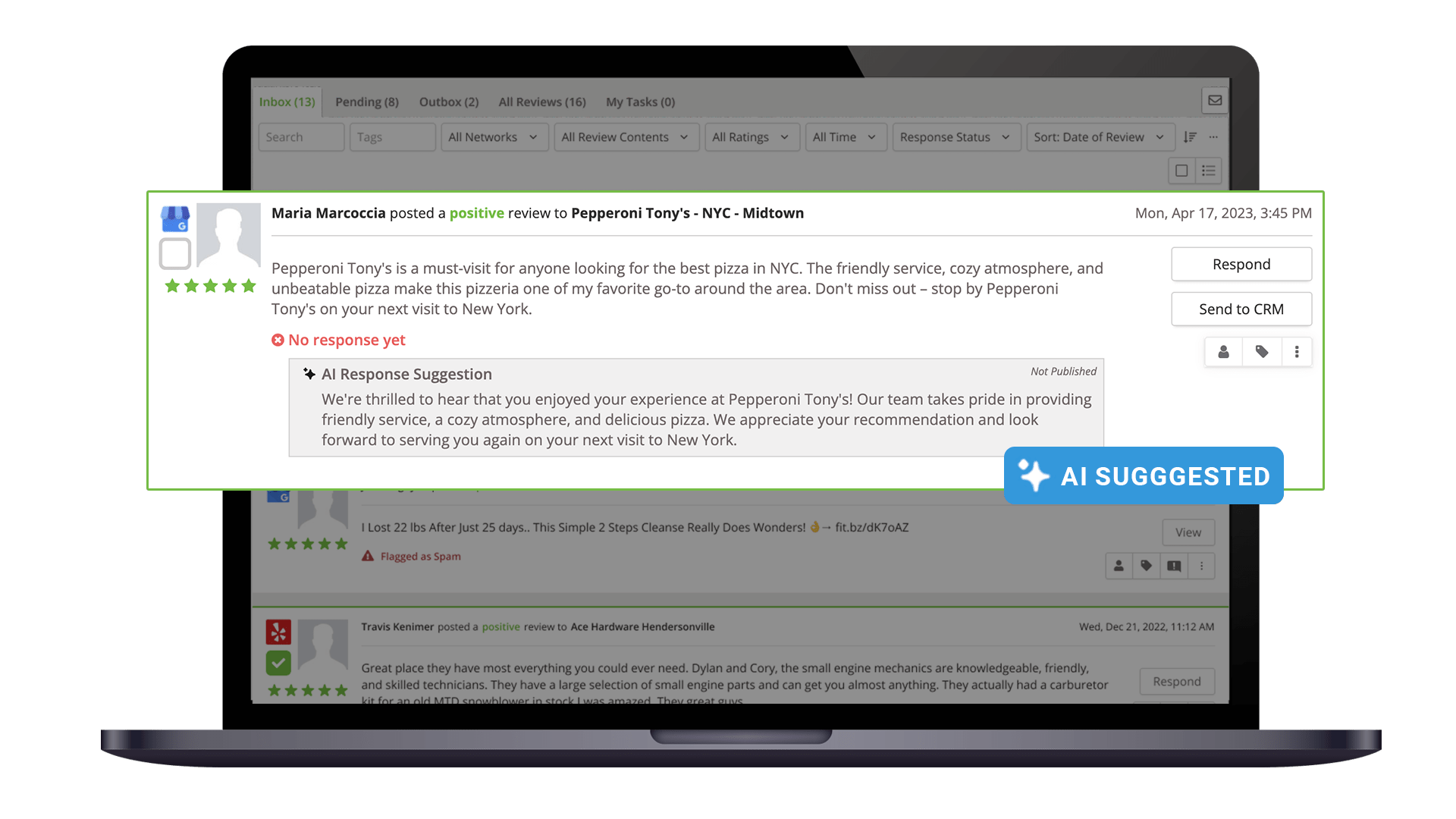How Marketing Leaders Can Leverage AI to Realize Cost Savings
In the current economic climate, marketers are under significant pressure to reduce costs and improve efficiency of operations. Slow post-COVID recovery, high interest rates, and a soft economy have placed budgets under scrutiny. A recent survey from Gartner shows that the budgets of most North American and European CMOs still have not recovered to pre-pandemic levels. In fact, the average marketing budget decreased from 9.5 percent of company revenue in 2022 to 9.1 percent in 2023. By contrast, back in 2016, marketing budgets for enterprise represented 12.1 percent of company revenues. We’re truly in an era where marketers need to do more with less.
This atmosphere of belt-tightening has not necessarily resulted in reduced performance expectations. Instead, CMOs and marketing professionals feel greater pressure than ever to build brand equity and improve performance. In light of these seemingly contradictory priorities, the strategy of utilizing AI technology as a key to better efficiency is one that many marketing leaders are already assessing.
Indeed, a new survey of marketing professionals conducted by SOCi finds that 40 percent have already seen significant increases in efficiency due to the utilization of generative AI tools.
Still, some 70 percent of marketers say they feel overwhelmed by the pace of AI development in marketing, with 42 percent saying they have received no formal training to date in utilizing AI to improve marketing performance.
This gap between the promise of AI and its current reality is a familiar one. Most of us recognize, however, that AI is in the midst of transforming knowledge work in a major way. So how can marketers leverage AI to begin realizing cost savings today?
Improved Productivity of Team Members
As with many transformational strategies, the “crawl, walk, run” approach is fitting for AI implementation. The first step is one many of us are probably already familiar with: generative AI in its current form is well suited to the partial automation of work that previously required humans to complete repetitive or time-consuming tasks. Some of these include:
1. Research: Generative AI tools like ChatGPT and Google’s Search Generative Experience can make research tasks much more efficient by culling together and summarizing information from disparate sources.
2. Content generation: Generative AI can be used to create content ideas, titles, outlines, and rough drafts, helping writers get past the blank page and significantly reducing the time it takes to create new content, as seen in the example below.
3. Data analysis: Generative AI tools can efficiently perform organizational and analytical tasks with data, such as merging two datasets, without the need to write formulas or queries, saving both time and frustration and shortening learning curves.
Improved Efficiency of Customer Engagement
At the “walk” stage — but already available for several initial use cases — is the utilization of AI to provide customized, flexible lead generation and customer engagement at scale. AI for customer engagement still requires careful setup and human moderation, but can be used to ensure that all customers receive the same attention and access to information with less reliance on human effort. Some examples of AI for customer engagement:
1. Review response: SOCi’s Genius Reviews product lets brands compose personal, relevant responses to local reviews at scale, providing efficient workflows for humans to approve or modify responses as needed.
2. Email customization: Many CRM platforms now offer personalization of email and other outbound communications utilizing AI, ensuring each communication is relevant to the needs and characteristics of the customer and requiring less input from humans.
3. Ad customization and targeting: Tools like Meta’s Advantage are utilizing the power of AI to create custom audiences and modify ad creative to make ads more relevant to consumers, outperforming campaigns run via manual configuration.
The theme in these and other use cases is to provide better, more timely, more relevant consumer engagement with less human effort; with AI, improved efficiency no longer has to come at the expense of quality.
Creating New and Better Customer Experiences
The ultimate promise of AI in marketing is that it will enable the creation of better customer experiences driven by the imagination of talented marketers and the power of AI to realize those visions. This is likely to be possible in the near future with less reliance on costly resources. This doesn’t have to mean that automation will replace human skills and talents; and yet, SOCi’s survey finds that 70 percent of marketers believe marketing leaders who utilize AI effectively will ultimately replace those that don’t.
In that future, which is coming more quickly than we may think, sophisticated systems will likely provide:
- Automated insights: Platforms designed to manage marketing activities will increasingly be expected to surface actionable insights, and even to take meaningful actions, on behalf of brand marketers to improve digital presence and performance.
- A new level of transactional personalization: AI systems are already being trained to create highly personalized customer experiences driven by data from sources like loyalty programs and transaction histories.
- The next generation of search and social: AI will likely make it easier for businesses to connect with the right customers in digital channels like search and social, in order to promote offerings and serve specific needs in a timely fashion, cutting out much of the wasted budget spent on inaccurate targeting.
We don’t know exactly how or when these future states will manifest, but we can confidently predict that those marketers who take early “crawl” and “walk” steps today will begin to realize immediate gains in efficiency (and quality), and will be ready to run when AI technology reaches its full potential.
Ready to get started? Request a demo today to see how SOCi and our Genius products can help your brand improve its bottom line with the help of AI.


